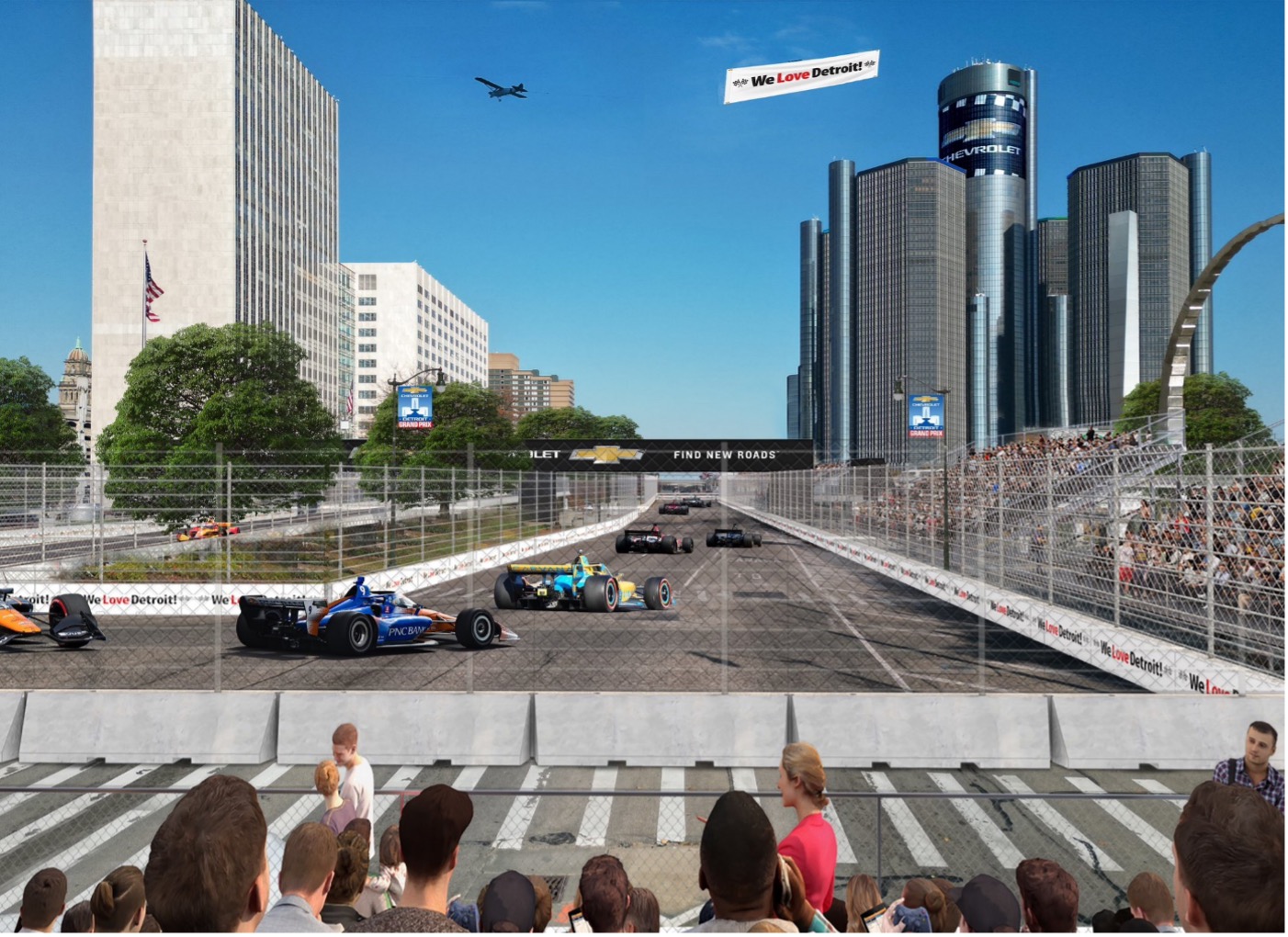IndyCar: Detroit Grand Prix expected to bleed red ink
The roar of IndyCars returning to the streets of downtown Detroit in June might sound like the ringing of cash registers for some Wayne County businesses, but likely won’t benefit the remainder of the state.
The Lear-sponsored Chevrolet Detroit Grand Prix is returning downtown June 2-4 after intermittently appearing on Belle Isle since 1991.
Event organizers say they anticipate the event will lose money, which doesn’t bode well for Michigan’s taxpayers who may be on the hook for a proposed 2023-24 budget that includes $2 million for the event.
Penske Corp. President Bud Denker, chairman of the event, said in an interview with Crain’s Detroit the event “is going to lose millions.”
Victor Matheson, a sports economist at the College of the Holy Cross in Worcester, Mass., questions whether the event makes sense for taxpayers.
In a phone interview with The Center Square, Matheson identified two key issues with assertions the Detroit Grand Prix provides a net benefit to Michigan taxpayers.
“It is true the move from Belle Isle to downtown will provide more accessibility to race fans,” Matheson said. “But the projected crowds in the downtown area and the closing of streets for the race will also reduce accessibility to downtown businesses. It may generate more eyeballs, but it’s only going to be local eyeballs.”
Second, Matheson noted any money generated from the Grand Prix can only be considered actual revenues if that money comes from Windsor or from other states.
“If Detroit is seeking to generate a real economic impact for the state as a whole, that money would need to come from elsewhere,” he said. “Otherwise, the so-called income generation is actually a reallocation of entertainment dollars from other towns and regions in the state that residents would’ve spent in Michigan regardless.”
John Mozena, president of the Center for Economic Accountability, concurs with Matheson.
“Like so often when it comes to economic development, these arguments for subsidizing the Grand Prix focus solely on the benefits and not on the costs,” Mozena told The Center Square.
“I worked in downtown Detroit for much of my adult life and from experience, an event like this comes with benefits for a few businesses and big costs and disruptions for others,” he continued. “For every hotel that has a better weekend, there’s other local businesses that are dealing with closed streets, delayed deliveries and screaming engines outside their conference room windows.”
Mozena concluded, “IndyCar is a business, not a charity, and like any other business it should pay its own costs of doing business and not offload those expenses onto taxpayers.”
Originally published by The Center Square.
